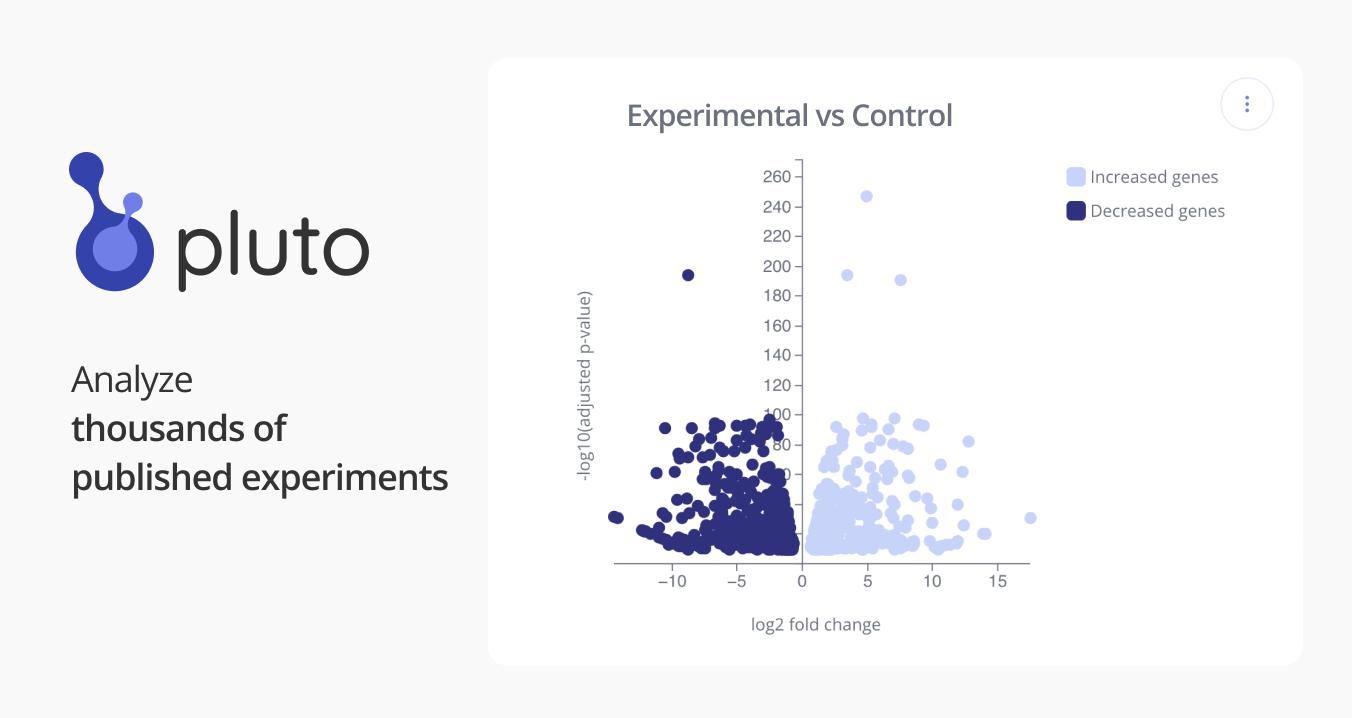Pluto Bioinformatics
GSE75984: Persistent chromatin modifications induced by high fat diet
Bulk RNA sequencing
Obesity is a highly heritable complex disease that results from the interaction of multiple genetic and environmental factors. Formerly obese individuals are susceptible to metabolic disorders later in life, even after lifestyle changes are made to mitigate the obese state. This is reminiscent of the metabolic memory phenomenon originally observed for persistent complications in diabetic patients, despite subsequent glycemic control. Epigenetic modifications represent a potential mediator of this observed memory. We previously demonstrated that a high fat (HF) diet leads to changes in chromatin accessibility in the mouse liver. The regions of greatest chromatin changes in accessibility are largely strain dependent, indicating a genetic component in diet-induced chromatin alterations. We have now examined the persistence of diet-induced chromatin accessibility changes upon diet reversal in two strains of mice. We find that a substantial fraction of loci that undergo chromatin accessibility changes with HF diet remain in the remodeled state after diet reversal in C57BL/6J mice. In contrast, the vast majority of diet-induced chromatin accessibility changes in A/J mice are transient. Our data also indicate that the persistent chromatin accessibility changes observed in C57BL/6J are associated with specific transcription factors and histone posttranslational modifications. The persistent loci identified here are likely to be contributing to the overall phenotype and are attractive targets for therapeutic intervention. SOURCE: Amy LeungSchones, Natarajan Beckman Research Institute, City of Hope
